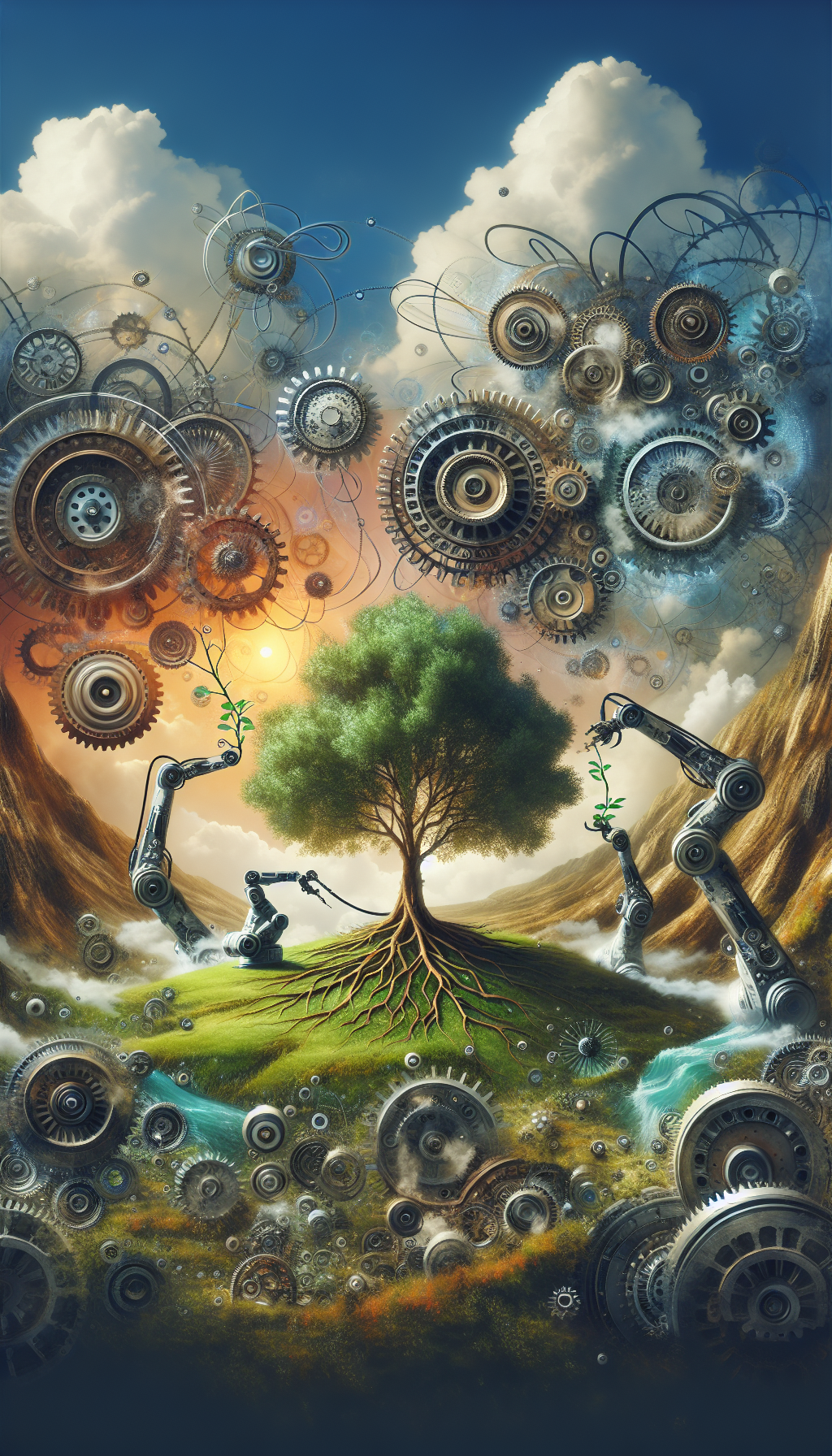Automatic systems are no longer confined to large-scale manufacturing or information technology. They are now deeply engrained in sectors ranging from retail and healthcare to transportation and agriculture. This massive shift is redefining the way businesses operate and is opening up new horizons for growth and efficiency.
But what does this imply for individuals, for businesses and for society at large?
Firstly, for individuals, automation is bringing about a radical shift in job responsibilities. While it’s true that certain roles are being automated, it’s equally important to recognize that new roles are emerging in response. Jobs that require complex problem-solving skills, creativity, and emotional intelligence are still very much in demand, even more so now. The key is to adapt and embrace these changes, fostering a lifelong learning mentality to remain relevant in this evolving landscape.
In the business sphere, automation presents an opportunity to increase efficiency and productivity. For instance, in the retail sector, automation tools such as point-of-sale systems and inventory management software have streamlined operations, leading to significant cost savings. Similarly, in the healthcare industry, the use of automated systems for patient record management and appointment scheduling has enhanced patient care and reduced administrative burdens.
Moreover, automation is not just about cost-cutting.
It’s about fostering a culture of innovation and agility. With routine tasks taken care of, employees can focus on more strategic initiatives, fostering a work environment that encourages creativity and innovation.
On a societal level, automation has the potential to address some of our most pressing challenges. Take agriculture, for example. Automated farming techniques, such as precision agriculture and drone technology, are helping to increase crop yields while reducing environmental impact. Automation is not just changing the way we work; it’s paving the way for a more sustainable, efficient, and equitable world.
However, it would be naive to ignore the challenges that come with this transformation. The rapid pace of change can leave individuals and organizations scrambling to keep up. There’s also the legitimate concern about job displacement, with lower-skilled roles being more susceptible to automation.
That’s why it’s essential to have a balanced, inclusive approach towards managing these changes. Policymakers, educators, and business leaders must work together to ensure that people are equipped with the skills and knowledge they need to thrive in this new era.

In the end, automation is a tool, and like any tool, its impact depends on how we use it.
Managed correctly, it can be a powerful catalyst for progress, helping us to work smarter, live better, and tackle the challenges of our time.
The automation wave is here, and it’s reshaping our world in unprecedented ways. The onus is on us to harness its power, navigate its challenges, and use it as a lever to build a more prosperous, sustainable future.